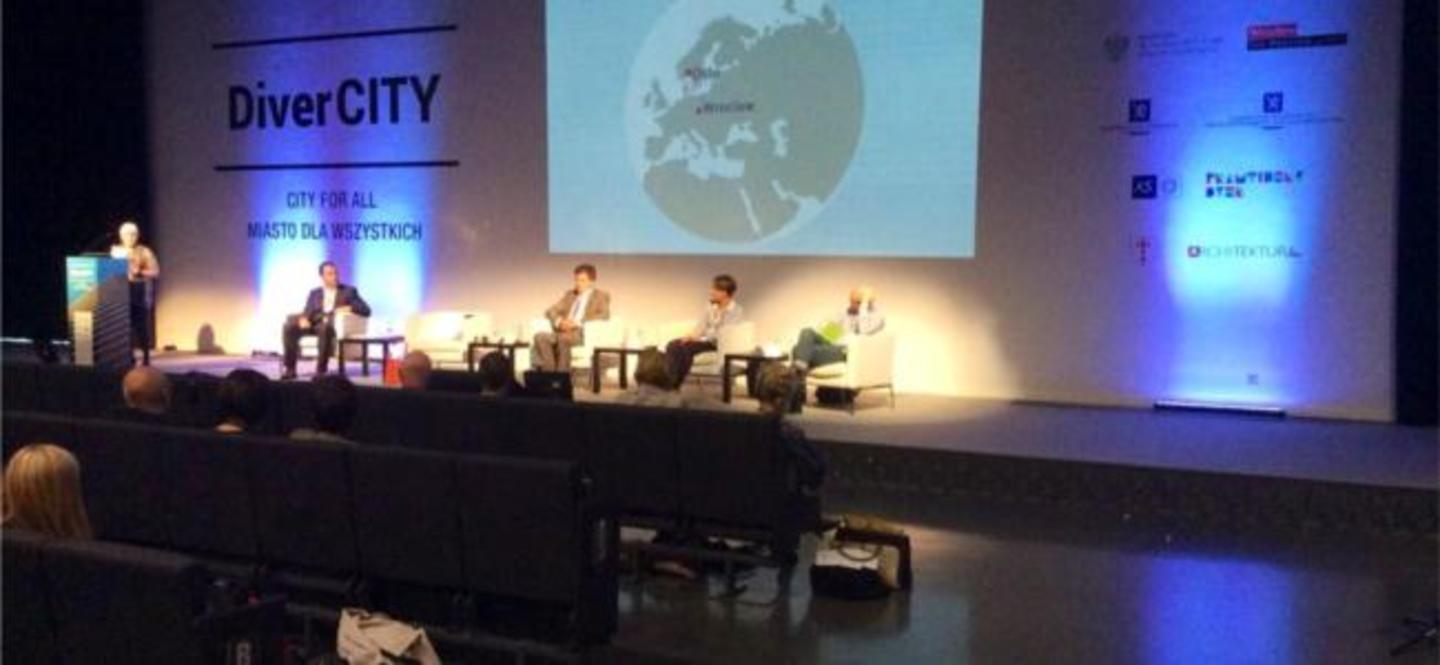“To create better cities, it is important to involve the people who actually live and work there“, says Alicja Grenda, Deputy Executive Director of the Association of Polish Cities and one of the almost 300 participants at the conference. Through the Association of Polish Cities, she has been involved in a project supported by Iceland, Liechtenstein and Norway focusing on urban development.
Mutual learning
“One thing that we have done is help local authorities exchange best practices and learn from each other. The ultimate goal of this has been to create better services for the citizens in areas such as education, transport and social care. We want to have a real impact on people’s lives", Grenda explains.
Looking at how to involve civil society and create partnerships between local authorities and NGOs has also been an important part of the project. For this, the Association of Polish Cities looked to Norway, the Deputy Director says.
“The Norwegians have a good model for how to do this. As part of the project, we went to Norway on a study trip. This for us was really interesting. We learned a lot from it, and I think our Norwegian counterparts did as well”.
Relevant
“DiverCITY” is funded by Iceland, Liechtenstein and Norway through the Polish bilateral fund. And in his opening remarks, the Norwegian Ambassador to Poland, Karsten Klepsvik, underlined that the topic of how to create better cities is highly relevant for the activities of the Grants at large.
“What we are discussing here today, namely how to create cities that are open to all, spur economic growth and also take environmental concerns seriously does in many ways reflect the overall efforts of Iceland, Liechtenstein and Norway in our 16 beneficiary countries”, he said
Sustainability
The issue of environmentally friendly cities was also raised by one of the keynote speakers at the event, namely Tarald Lundeval from the Norwegian architecture firm Snøhetta. In his presentation, Mr Lundeval emphasized the need for taking environmental concerns and sustainability into account when planning new urban development projects. The architect also pointed out, however, that the biggest gains in this area are made by making existing buildings more energy efficient.
In total, “DiverCITY” featured more than 20 speakers and panelists from Poland and Norway as well as the UK.
